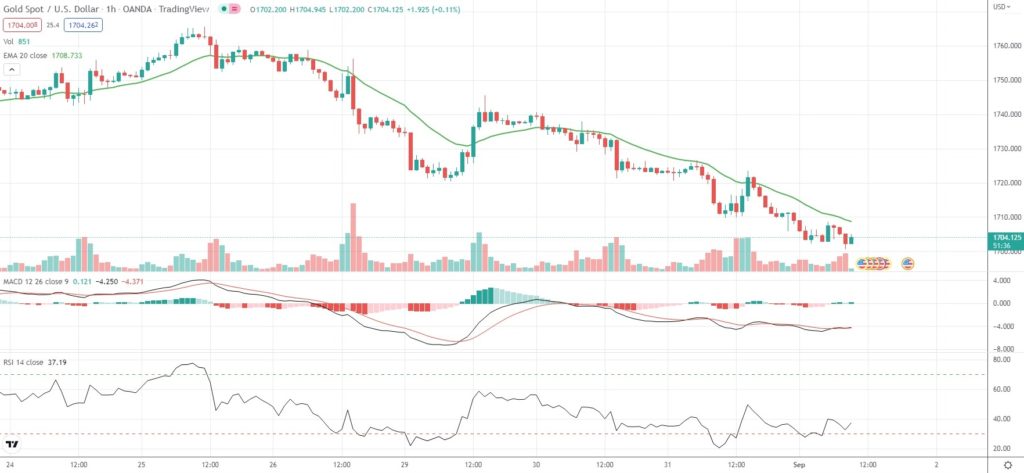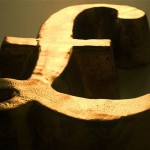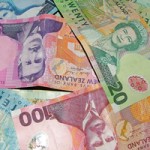Spot Gold registered a six-week low on Thursday, mostly due to stronger US Dollar and prospects of aggressive policy tightening by central banks across the globe in an attempt to curb soaring inflation.
CPI inflation in the Euro Area reached a record high level of 9.1% in August, which added to the case of more super-sized interest rate hikes by the European Central Bank.
Markets are now pricing an almost 40% chance of a 75 basis point rate hike by the ECB next week.
Meanwhile, Fed funds futures are suggesting a 75% chance of a 75 basis point rate hike by the Federal Reserve at its upcoming policy meeting, which has supported the US Dollar and pressured dollar-priced Gold.
Although the yellow metal is largely regarded as a hedge against inflation, an increase in interest rates also increases the opportunity cost of holding Gold.
“I now recognize gold is likely to languish for some time,” Clifford Bennett, chief economist at ACY Securities, said.
“The long-term outlook for gold is positive, but first it will experience the same general deleveraging as stocks. Gold could fall as low as $1,600 in the meantime.”
As of 9:07 GMT on Thursday Spot Gold was edging down 0.39% to trade at $1,704.41 per troy ounce. Earlier today the yellow metal slipped as low as $1,700.66 per troy ounce, which has been its weakest price level since July 21st ($1,680.93 per troy ounce).
Gold futures for delivery in December were losing 0.65% on the day to trade at $1,714.95 per troy ounce, while Silver futures for delivery in December were retreating 1.62% to trade at $17.593 per troy ounce.
The US Dollar Index, which reflects the relative strength of the greenback against a basket of six other major currencies, was edging up 0.19% to 108.895 on Thursday. Earlier this week, the DXY climbed as high as 109.478, which has been its strongest level since September 2002.
“The U.S. dollar has a bit more upside, partly because we think the market is underestimating how high the Federal Reserve could take the funds rate,” Joseph Capurso, head of international economics at Commonwealth Bank of Australia, was quoted as saying by Reuters.






